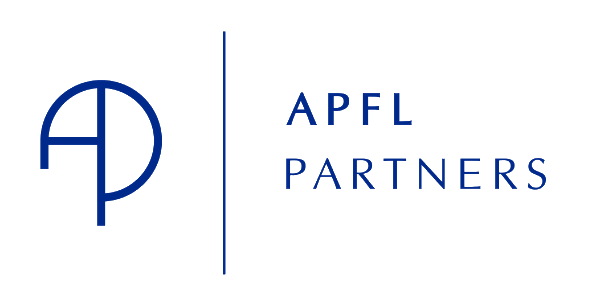Vietnam Remains on the ‘Grey List’

On 25 October, the Financial Action Task Force (“FATF”) – a Paris-based, 40-member global organisation established in 1989 to tackle international money laundering – named Vietnam as one of 24 countries under “increased monitoring”.
Often known as the “grey list”, increased monitoring means that the countries listed have agreed to work with the FATF to resolve the strategic deficiencies in their jurisdictions within agreed timeframes.
When was Vietnam put on the Grey List?
Vietnam made a high-level commitment to work with the FATF on anti-money laundering (“AML”) in June 2023. Since then, in its latest update last month, the FATF reports that the country has made “limited progress”. It urges Vietnam to go further and faster to address the deficiencies identified in 2023, making ten recommendations to the government:
- Increase risk understanding, domestic coordination, and cooperation on AML.
- Enhance international cooperation.
- Implement effective risk-based supervision for financial institutions.
- Take action to regulate virtual assets.
- Address deficiencies in technical compliance, including in customer due diligence, reporting suspicious transactions, and targeted financial sanctions.
- Reach out to the private sector.
- Establish a regime to give authorities up-to-date information on beneficial ownership.
- Ensure the independence of the Financial Intelligence Unit (“FIU”).
- Demonstrate an increase in prosecutions.
- Show cooperation and coordination between authorities.
What is the Impact on Foreign Companies in Vietnam?
In short, companies doing business in countries on the grey list could be subject to and/or required to undertake intensified due diligence requirements or risk assessments. For instance, it is more important than ever for these companies to show strict compliance with AML regulations, such as know-your-customer (“KYC”) checks and transparent compliance reports, to reassure international investors and financial institutions who might otherwise take a more risk-averse approach or reconsider their projects. This could entail a greater bureaucratic or financial burden both for the companies concerned and their international partners.
Being on the grey list can also have broader socio-economic implications. Studies show a two per cent average decline in the ratio of foreign direct investment (“FDI”) to GDP in countries under “increased monitoring”. There can also be negative impacts on capital inflows, obtaining credit, and the international reputations of listed countries.
What Steps is Vietnam Taking?
At the national Steering Committee for Money Laundering and Combat, held in October 2023, Deputy Prime Minister Le Minh Khai urged “drastic measures” to lift Vietnam out of the “grey list” within two years.
Speaking at the same conference, the State Bank of Vietnam (“SBV”) highlighted the implications of being on the “grey list”, including lower investment, costlier loans, and greater caution from foreign investors. On top of the economic impacts, if AML issues remain unresolved, there is a risk of being placed on the “black list” – entailing harsher sanctions. The SBV has worked with the Asia Pacific Group on Money Laundering (“APG”) to resolve issues raised by FATF.
Then, on 23 February, the Deputy Prime Minister signed Decision 194/QD-TTg (“Decision 194”) promulgating a national action plan to implement the Government’s commitments on AML. Decision 194 included 17 actions to show that the Vietnamese authorities have a better understanding of AML and are taking steps to prevent it.
The following month, Law No. 14/2022/QH15 (“Law 14”) entered into force, tightening up previous legislation and further aligning Vietnam with international standards, as we wrote about here. Law 14 introduced a new, broader definition of “money laundering” and included a particular focus on sensitive sectors such as real estate.
The team at APFL Partners will continue to monitor this issue, and ensure our clients are kept updated with the action Vietnam takes and the regulations it introduces to move off the grey list. To find out more about AML regulations in Vietnam, just get in touch with us on: contact@apflpartners.com
Disclaimer: This article and its content are for information only and are not given as legal or professional advice. they do not necessarily reflect all relevant legal provisions with respect to the subject matter. Readers should seek legal or professional advice before taking or refraining to take any action.


